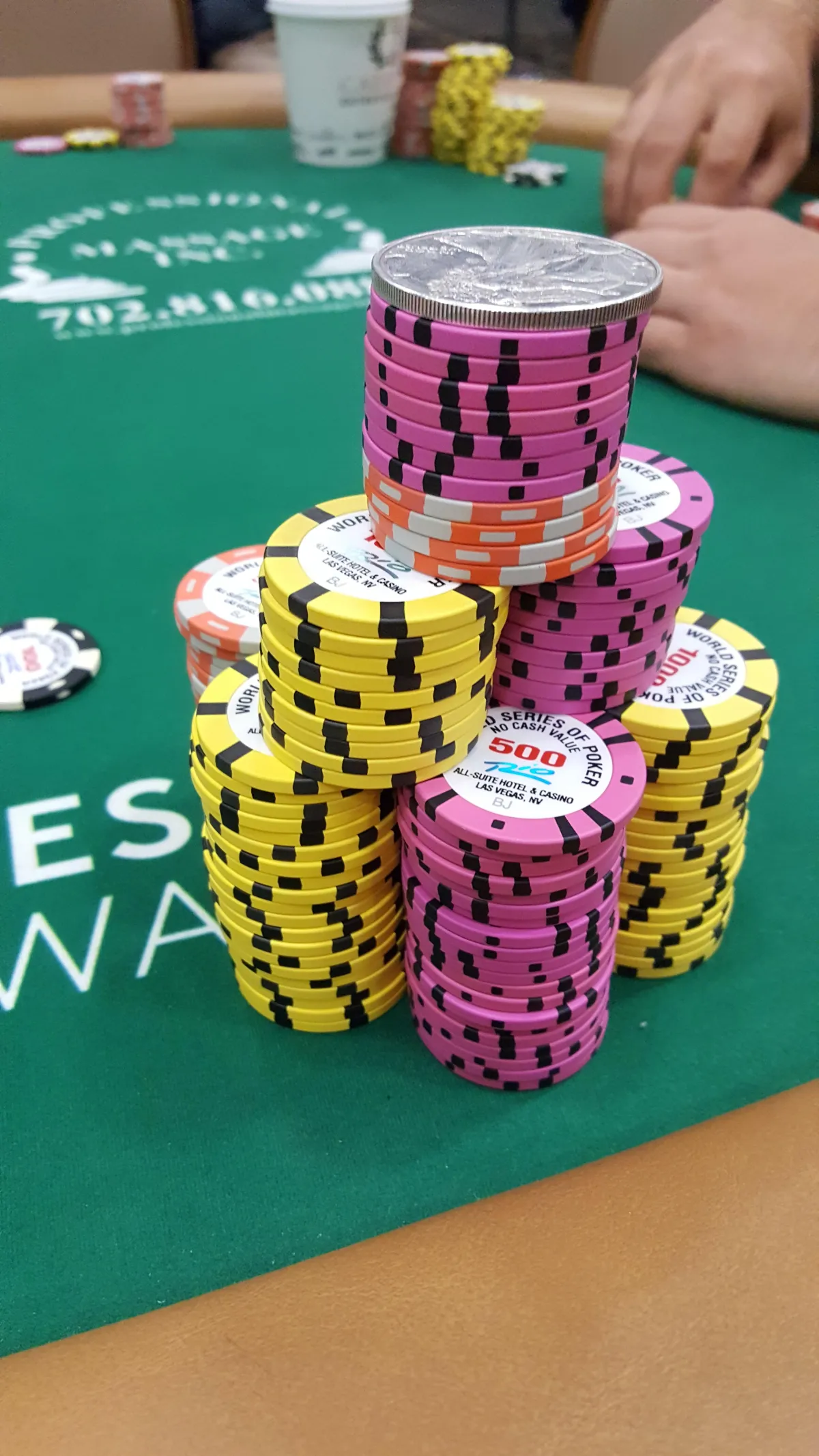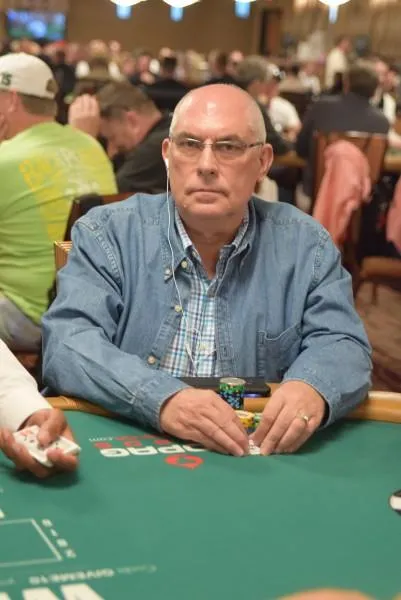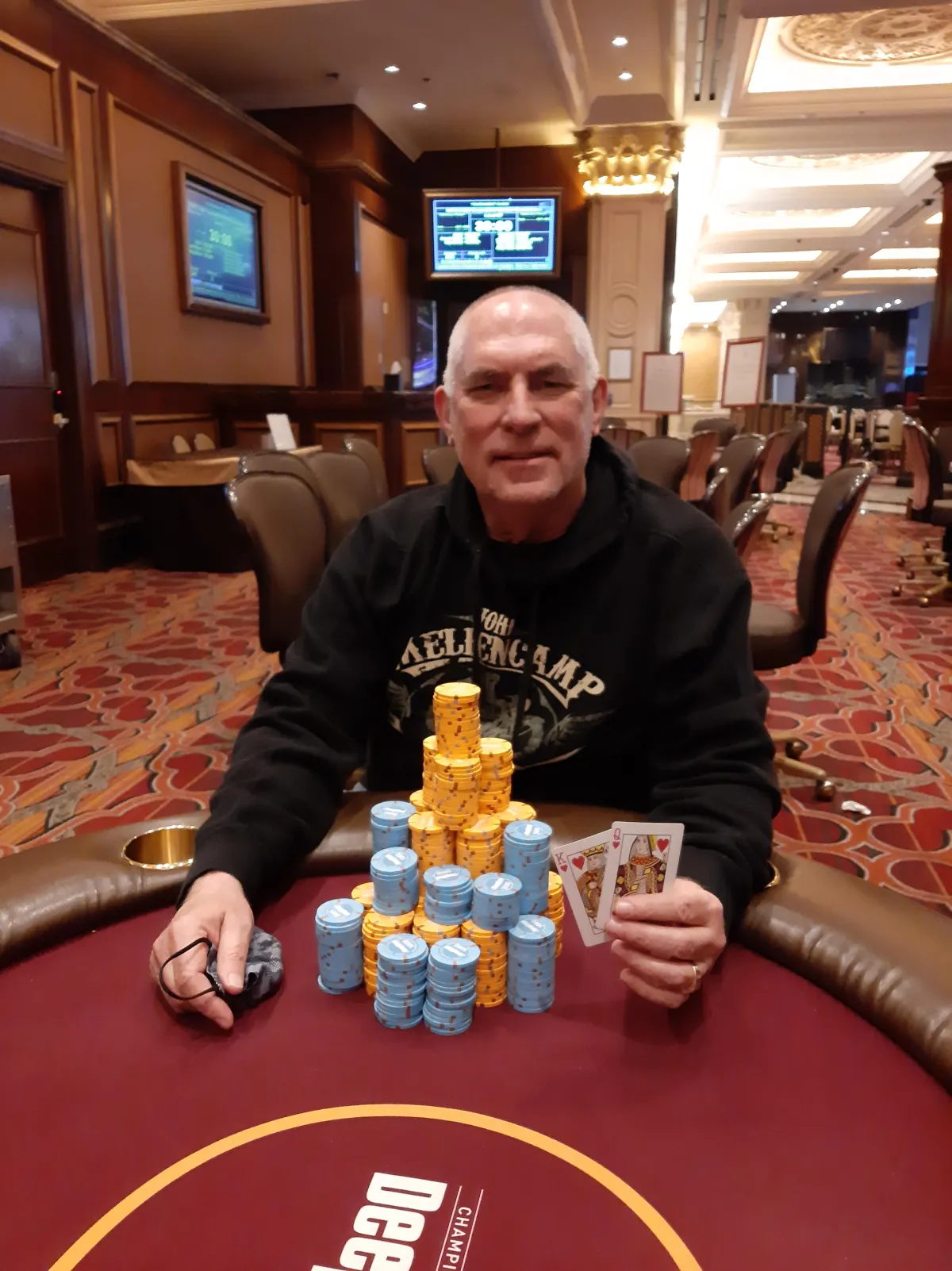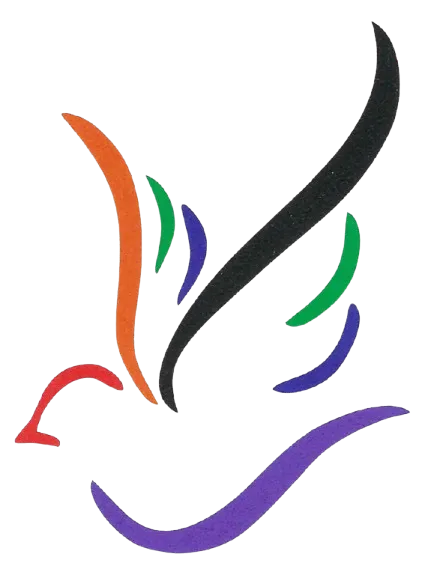
Fitness for the Whole You
Mind • Body • Soul
Let’s rethink fitness. Not as a grind, not as a competition—but as a conversation. Because true fitness isn’t just about what we see in the mirror. It’s also about what’s happening inside—our thoughts, our energy, our inner peace. It’s the strength to move through life with clarity, resilience, and purpose.
I break it down into three simple but powerful ideas:
Fitness of the Mind. Fitness of the Body. Fitness of the Soul.
Let’s explore what each one means—and how they work together to create a more complete, more grounded life journey.

Fitness of the Mind
What does it mean to have a fit mind?
It’s not just about intelligence or academic success. It’s about staying curious, mentally flexible, and open to learning. A fit mind questions, explores, and keeps growing—whether you’re reading philosophy, solving a crossword puzzle, or just having a meaningful conversation with someone who sees the world differently than you do.
Think about Einstein—not just the wild hair and genius equations, but the constant drive to wonder. To imagine. To experiment. Mental fitness is about that same spirit of exploration.
You don't need a degree from Harvard to have a strong mind. You just need to keep feeding it. Read. Watch. Listen. Ask questions. Then ask new ones.
Ideas for Practice:
Set aside 15 minutes a day to read something outside your usual interests.
Start a “curiosity journal” where you write down random questions that pop into your head and research the answers later
Join a book club or discussion group—real or virtual.
Poker: More Than Just a Game

One of my hobbies is playing multi-table tournament poker. I take it seriously, not just as a game, but as a discipline. It’s something I’ve grown to appreciate because it stretches the mind in ways that are both challenging and rewarding.
What I’ve come to love about poker is how it blends strategy, math, and risk management—all in real time. Every hand is a puzzle. Every player, a new variable. And while luck plays its role, the real game lies in what you do with what you’re dealt.
Multidimensionality:
Strategic Depth
Each hand offers a variety of potential strategies, from tight and conservative to loose and aggressive. You’ve got to read the table, understand your opponents, and adjust to shifting dynamics—fast.
Bluffing and Deception
There’s a certain psychological nuance here. Bluffing well isn’t just about being bold—it’s about reading people, masking intentions, and knowing when to back off. It’s part human behavior, part math, and all timing.
Risk Management
Poker teaches you how to manage a bankroll, calculate pot odds, and weigh decisions under pressure. It’s a daily lesson in discipline. You learn to balance the potential for gain with the reality of loss. And if that’s not real-world wisdom, I don’t know what is.
Incomplete Information: Learning to Decide Without Seeing Everything
Poker isn’t chess. You don’t get to see all the components, not all the cards, rather than all of the pieces; no bluffing in chess; and for sure not a moving chip stack &/or blinds to go along with the lack of knowledge of the cards.
Each player holds two private cards, and the rest of the hand unfolds with shared community cards. Which means every decision you make is under a cloud of uncertainty. You don’t know what your opponent is holding. You don’t know if that last bet was strength or bluff. All you can do is gather the best clues available and trust your judgment.
That’s what makes poker more than a game—it’s mental gymnastics.
Hidden Cards
No one at the table has perfect information. This forces players to make decisions based on probabilities, patterns, and instinct. You have to get comfortable with not knowing and still choose wisely.
Calculated Uncertainty
Poker is a masterclass in managing incomplete information. The best players aren’t the ones who always guess right—they’re the ones who stay calm when the picture isn’t clear. That’s something I’ve tried to apply in business, in life, and even in faith
Opponent Psychology
You watch. You listen. You pick up on tendencies, emotions, and hesitation. It’s about more than cards—it’s about people. The ones who take the time to observe usually come out ahead.


Game Theory’s Challenge: Why the Math Isn’t Everything
In recent years, there’s been a lot of buzz about game theory in poker circles. It’s a branch of mathematics that tries to find optimal strategies in competitive situations. On paper, it sounds like the perfect solution—study the patterns, calculate the best move, win the game.
But poker, like life, doesn’t live on paper.
Complex Payoff Structures
You watch. You listen. You pick up on tendencies, emotions, and hesitation. It’s about more than cards—it’s about people. The ones who take the time to observe usually come out ahead.
Dynamic Nature
Poker is always changing. The table changes, the players change, and even your own mindset shifts over the course of a tournament. What worked yesterday might not work tomorrow. You’ve got to keep adapting.
Psychological Factors
And here’s the real wildcard: people. Emotions, history, instinct, and bluff. Game theory has trouble accounting for the stuff that’s human. And poker, at its core, is a very human game.
Fitness of the Body
Your body is not just a vehicle—it’s your home.
Physical fitness gets a lot of airtime, but too often, it’s tied to perfection or pressure. Here, I approach it differently. This is about movement, energy, strength, and care, not aesthetics.
Fitness of the body is about honoring what your body can do, not punishing it for what it can’t. It’s about moving in ways that make you feel alive—whether that’s a long run, a gentle stretch, or dancing alone in your living room.
It’s also about the small things: the glass of water you remember to drink, the deep breath you take before a meeting, the walk you take to clear your head - not just to strengthen your legs.
I’ll be honest—this is one of the areas where I’ve stumbled more than once. Staying active isn’t always easy in the thick of life, but I’m learning that it doesn’t have to be all or nothing. Programs like Spooner FIT or Austin’s focus on sustainable movement, like stretching, walking, and mobility work, have helped remind me that consistency beats intensity.
Ideas for Practice:
Psychological Factors
And here’s the real wildcard: people. Emotions, history, instinct, and bluff. Game theory has trouble accounting for the stuff that’s human. And poker, at its core, is a very human game.
Drink a full glass of water first thing in the morning.
Get outside at least once a day, even if it’s just for a few minutes.

Fitness of the Soul

This one’s harder to measure—but you know it when you experience it.
Soul fitness isn’t about doctrine or performance. It’s about staying rooted in what matters most: peace, presence, and the quiet confidence that comes from walking closely with God. It's about making space in your life to hear His voice and remember who you are in Him.
For some, that might look like prayer or time in Scripture. For others, it could be a quiet walk, journaling, or sitting still long enough to simply listen. No matter the form, soul fitness helps us slow down in a noisy world and realign with God’s perspective.
It reminds us that we’re not just thinkers or doers—we’re children of God. Soul health shows up not in metrics but in the fruit of the Spirit: peace that steadies you, patience when things get hard, gentleness in a harsh world. (Galatians 5:22 -23)
It’s the kind of strength that isn’t flashy but firm. It helps us forgive. It helps us breathe. It helps us love.
Ideas for Practice:
Light a candle and spend five minutes in silent prayer—no distractions, just presence.
Write a letter to God, or to your younger self, reflecting on how far He’s brought you.
Take a walk and ask, “God, what are You trying to show me today? ” Just listen.
Let’s Keep the Conversation Going
This isn’t a checklist. It’s a conversation rooted in grace.
Your version of fitness might not look like anyone else’s—and that’s okay. In fact, that’s the beauty of it. We're not here to perfect ourselves. We're here to walk in wisdom, in humility, and in the rhythms of grace that shape a life worth echoing.
So we ask again: What does it look like to care for your mind, body, and soul today?
Maybe it’s a new habit. A quiet moment. A boundary you’re learning to honor. Maybe it’s simply trusting God to meet you where you are.
This is the kind of work that rarely shows up in metrics, but it shows up in how we love people, how we rest, and how we move forward even when the road is hard.
As my church family once reminded me in a sermon called "We Can Do Anything", God doesn’t call the qualified—He qualifies the called. Even when we feel unprepared, we are invited to build, rebuild, and walk in the confidence that He is with us.
Let’s keep going. Let’s keep growing. Let’s keep becoming more like Him
